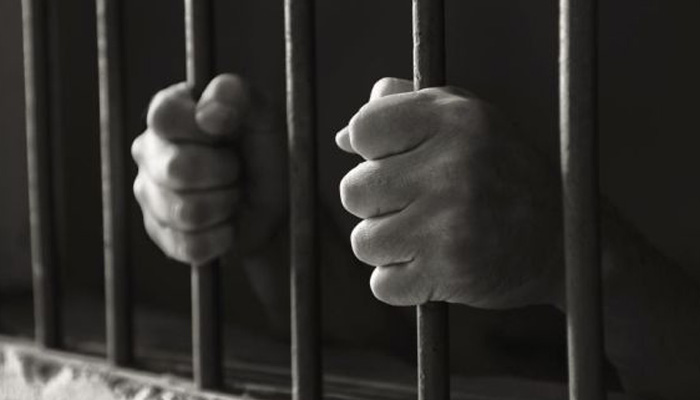TRENDING TAGS :
More than 600 prisoners released on Gandhi's 150th birth anniversary
More than 600 prisoners were released from jails across India this week under a "special remission" plan as part of Mahatma Gandhi's 150th birth anniversary celebrations, officials said on Friday.
New Delhi: More than 600 prisoners were released from jails across India this week under a "special remission" plan as part of Mahatma Gandhi's 150th birth anniversary celebrations, officials said on Friday.
ALSO READ:BJP president Chandrakant Patil files nomination for Kothrud
With the release of 611 prisoners on October 2, the total number of prisoners freed as part of the plan has gone up to 2,035 in the last one year.
Prisoners, including politicians, who have been convicted in cases of murder, rape or corruption were not released under the special remission.
On July 18, 2018, the Union Cabinet chaired by Prime Minister Narendra Modi decided that special remission to specific category of prisoners should be given and they be released from prisons in three phases on October 2, 2018, April 6, 2019 and October 2, 2019.
Officials in the Union Home Ministry said this was part of the commemoration of Gandhi's 150th birth anniversary.
ALSO READ: Remembering Lal Bahadur Shastri on his birth anniversary
In the first phase, on October 2 last year, states and Union Territories (UTs) released 919 prisoners. In the second phase, on April 6 this year, 505 prisoners were released. On Wednesday, in the third phase, 611 prisoners were freed from jails, they said.
States and UTs were advised to hold week-long special functions in all prisons based on the teachings of Mahatma Gandhi before the release. They were also advised to take the prisoners to a statue of the Mahatma for garlanding and gift them books relating to the father of the nation, officials said.
Women convicts aged 55 and above and male convicts of 60 years or more, who have completed half of their sentence, and a few other categories of prisoners came under the amnesty scheme.
Transgender convicts of 55 years of age and above, who have completed half of their actual sentence period, without counting the period of general remission earned by them, physically challenged or disabled convicts with 70 per cent disability and more, duly certified by a medical board, who have completed half of their actual sentence period were eligible for release.
ALSO READ: Why Modi didn’t object to Trump calling him ‘father of India’: Gehlot
However, the special remission was not granted to persons convicted for an offence for which the sentence is death penalty or where death sentence has been commuted to life imprisonment.
The other categories of prisoners who were not considered for amnesty include persons convicted for an offence for which punishment of death has been specified as one of the punishments, persons convicted for an offence for which punishment of life imprisonment has been specified as one of the punishments.
ALSO READ:BJP president Chandrakant Patil files nomination for Kothrud



